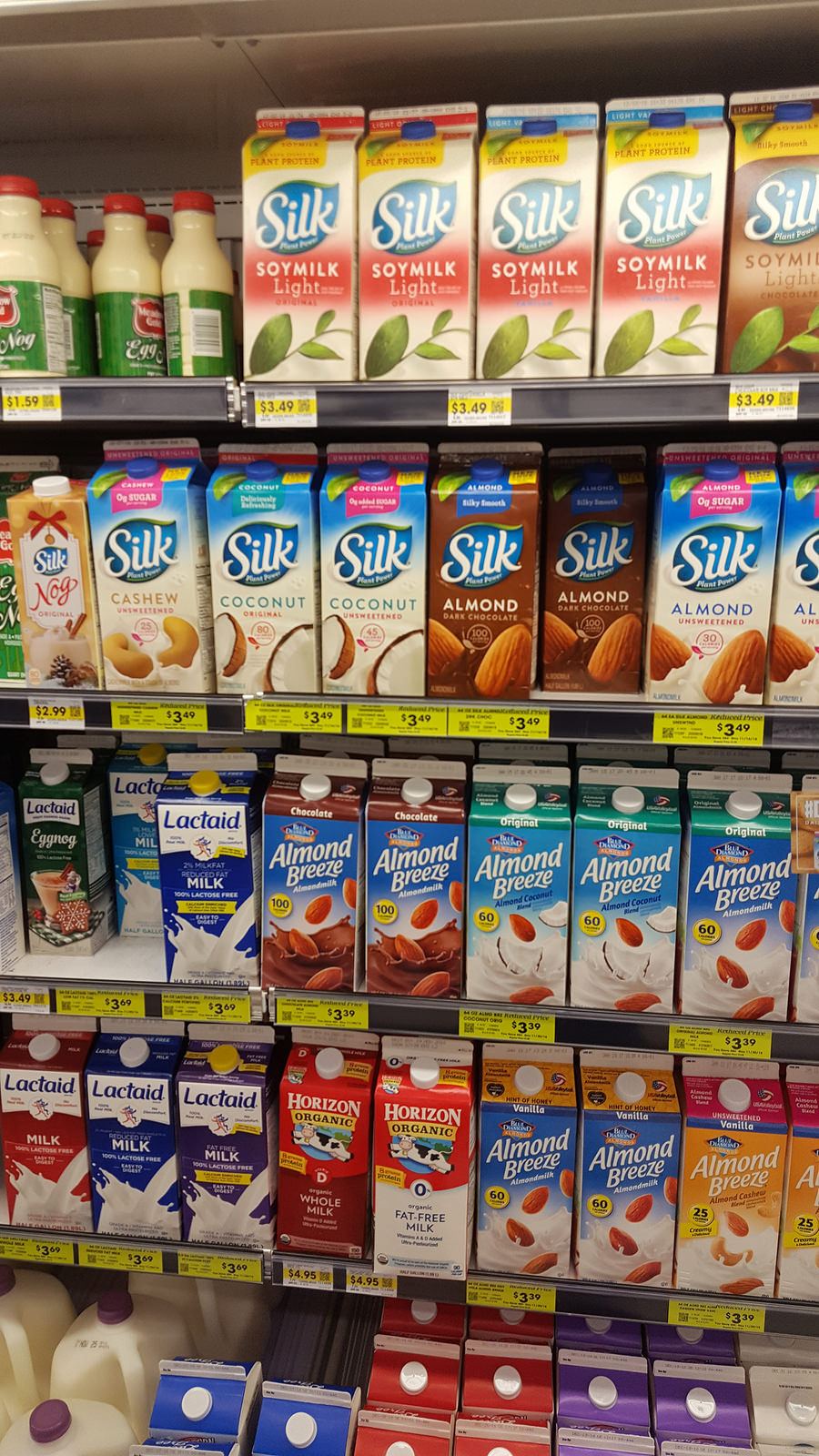| Republican legislative leaders seem almost passionate about returning the full sales tax to groceries in Utah as part of a tax reform package that has yet to emerge from closed-door negotiating sessions. The three main arguments for doing so, however, wouldn’t exactly qualify anyone for the compassionate conservative hall of fame. Let’s look at them: 1. Taxing food at the full state rate would help fund programs for the poor during bad economic times. This one usually is accompanied by explanations as to how taxing food makes the sales tax more stable. When times are bad, people stop buying cars and furniture, but they have to buy food. The state loses a lot of revenue by keeping groceries at the partial 1.75 percent tax rate, rather than the full 4.7 percent rate. As a tax policy, this is correct. Sales taxes are far more volatile than property or income taxes. But when lawmakers tie a food tax to programs for the poor, alarms ought to start ringing. Lawmakers set funding priorities based on what |
| | they think is most important for the welfare of state residents, and on what they consider the proper role of government. When times are bad, there are no guarantees the extra food tax revenue would go toward the poor. More importantly, as Senate Minority Leader Gene Davis, D-Salt Lake, said, low-income Utahns also would be paying this tax. “I have a real problem justifying the fact that we need to provide social programs and we want those on the lower end of the spectrum, who receive those programs, to pay for them,” he said. 2. Everyone should pay taxes and have “skin in the game.” Senate President Wayne Niederhauser made this argument to the media last week. “I think we’ve gone down a road in this country where we’ve taken people and are trying to relieve them of any kind of responsibility to participate in funding our government,” he said. “Everybody, I believe, should have a little bit of buy-in.” This argument ignores that the poor already pay 1.75 percent in state sales taxes on groceries, which is, by any definition, a little buy-in. It also assumes low-income people don’t pay a myriad of taxes in other indirect ways, including for rent that would be lower if not for property taxes. More to the point, sales taxes are fairly hidden. You pay them as part of the cost of items you purchase. You don’t receive an accounting at the end of the year. No one in government sends you a form showing how much you paid. However, you do get this with property and income taxes. If the idea is to build better citizenship through broader participation in actively funding government, sales taxes are ineffective. 3. Government stability and greater prosperity. This argument takes various forms. Utah has one of the nation’s strongest economies. A variety of surveys and rankings bear this out. But lawmakers often talk about how hard it is to maintain that top ranking when other states are competing for business. State Senate leaders say Utah’s general fund, which relies on sales taxes, is stagnating. Lawmakers are loath to raise income taxes, which would punish prosperity. Reducing the overall sales tax rate, then applying it to food, would soften the blow. But taxing food would put Utah in some unenviable company. Wallethub recently ranked Utah as the No. 1 economy in the nation. The seven states that currently apply full sales taxes to groceries, however, were among the lowest ranked, including No. 51 Mississippi. That doesn’t mean food taxes are the reason they scored poorly. But those taxes haven’t helped them succeed, either. This is a complicated issue. A recent study by the Pew Charitable Trusts found that people in more than a third of the nation’s counties pay food taxes through their local governments, even if their states don’t apply the tax. But it is undeniable that grocery taxes affect low-income people to a greater degree than any other segment of society. As Utah lawmakers are proving, it’s hard to argue they should be raised without seeming insensitive to that. |


 RSS Feed
RSS Feed

